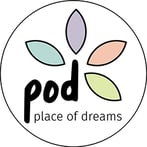A huge thank you to all our loyal customers! We are excited to join ResMed and continue to provide you with the same friendly service. If you have questions or wish to learn more, please reach out to ResMed Customer Care.
If you would like to visit us in person:
Western Australia
Please reach out to "Place of dreams" for a store near you.


